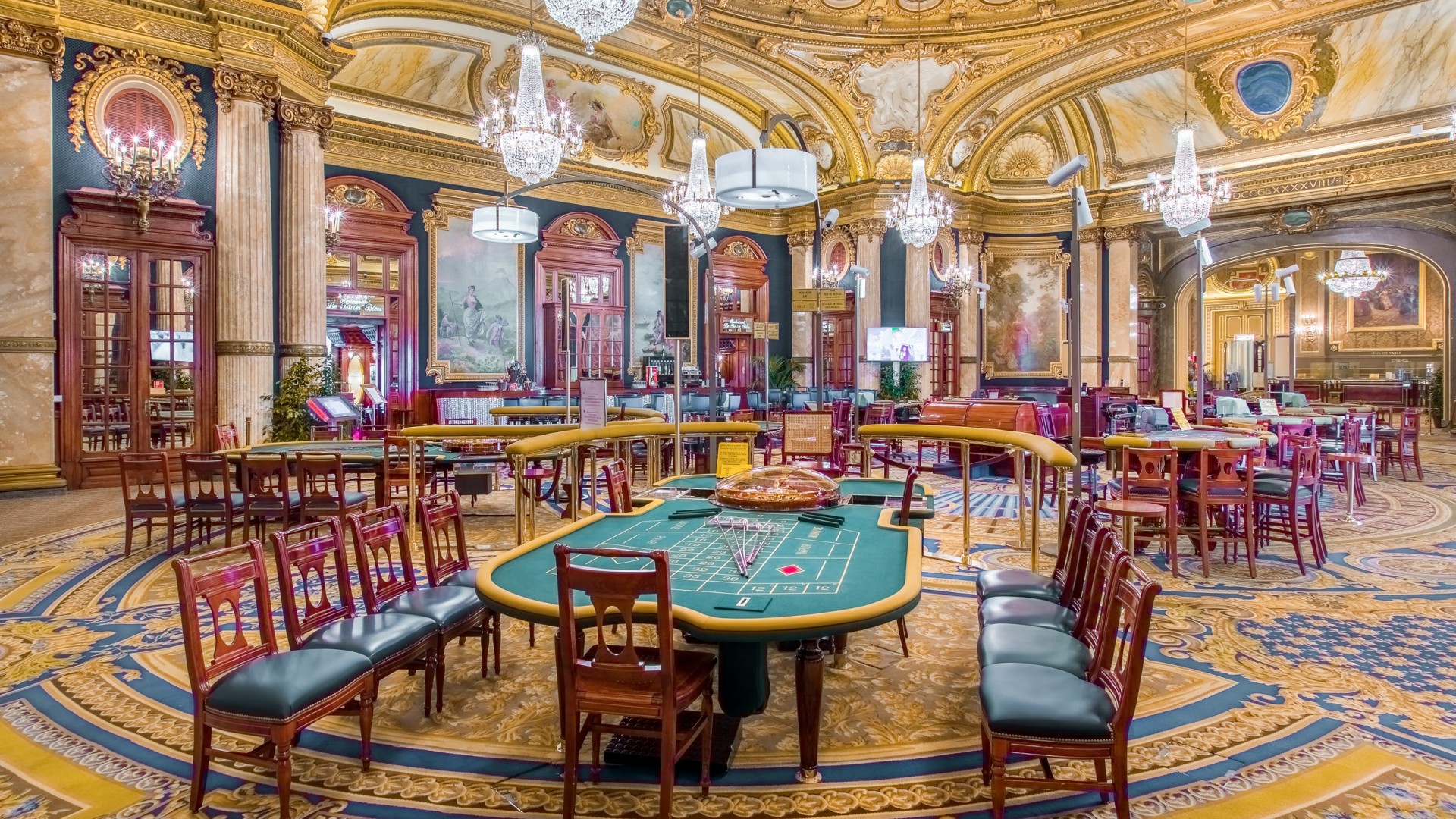
Casino experiences have long captured the interest of individuals around the world, becoming an important part of both leisure and tradition. From the glimmering lights of Nevada to the engaging experience of online gaming, these games evoke enthusiasm, risk, and sometimes even a sense of sentimentality. They are more than simply entertainments; they have woven themselves into the fabric of our lives, influencing everything from cinema and melodies to fashion and literature.
The allure of casino games surpasses the wagering aspect, tapping into wider themes of serendipity, risk, and psychology. As players assemble around a poker table or spin the roulette, they engage in an ancient ritual that connects with our collective desire for excitement and unpredictability. This captivation has led to the emergence of countless references in movies, songs, and gaming, showcasing how intensely entrenched these games are in popular culture. Whether it is the pressure of a legendary robbery film or the lively nightlife portrayed in videos, casino games have created a substantial place that reflects our relationship with risk and reward.
Cultural Importance of Gambling Games
Casino games have played a key role in social contexts throughout history. Originating from ancient civilizations, forms of chance were often linked to ceremonies or events. For instance, early iterations of gambling can be linked back to historic Chinese and the Roman Empire, where die games and betting on outcomes were common pastimes. These games not only functioned as leisure but also as methods of connecting people, facilitating relationships among individuals within communities.
As cultures evolved, so did the sophistication and structure of gambling games. The establishment of formal casinos in the 17th century, particularly in the Italian region, marked a significant shift in how games were perceived and structured. With designated spaces for gambling, the casino became a social hub where patrons from different backgrounds gathered. This evolution contributed to the legitimization of gambling, transforming it from a mere pastime into an established industry that shaped economy and policy.
The effect of casino activities on popular culture cannot be overlooked. As they were brought into the limelight in books and movies, games such as poker and 21 became symbols of risk, chance, and strategy. Iconic characters and stories have developed around these games, illustrating societal views towards fortune, wealth, and immorality. This fascination with casino games has infiltrated various forms of entertainment, solidifying their place in the collective consciousness and connecting them to broader cultural narratives throughout the ages.
Representation of Gambling Activities in Media
Casino games have long been a popular theme in different types of entertainment, reflecting both the fascination and intricacies of the world of gambling. Movies such as Ocean’s 11 and Casino Royal portray figures who navigate dangerous scenarios, showcasing not only the appeal of the casino atmosphere but also the strategies and choices that come with playing popular games like poker and blackjack. These movies often dramatize the thrill of winning and the potential results of losing, encapsulating the risks involved in gambling.
Television shows have also explored the realm of casino games, often integrating them into the plot as a context for character arcs and conflict. Series like Vegas depict the experiences of casino workers and patrons, highlighting the vibrant, often tumultuous energy of the gaming floor. Docuseries featuring high-stakes gambling competitions further emphasize the attraction of gambling activities, drawing viewers into the drama and strategy involved in each round. Through these depictions, media not only entertains but also stimulates conversations about fortune, skill, and the essence of randomness.
Digital games have increasingly integrated gambling activities into their design, allowing players to simulate the feeling of gambling without financial exposure. Titles within the domain of digital gaming often include online slot machines, online poker, and other casino favorites, creating an engaging environment that mirrors actual casino experiences. These virtual portrayals make gambling activities accessible to a broad demographic, appealing to both gamblers and those who enjoy the excitement of virtual experiences. As a consequence, the representation of casino games in media continues to shape cultural attitudes and cultural significance, highlighting their function in society and social context.
Impact of Gambling Activities on Society
Casino games have a meaningful impact on communities, influencing various aspects of societal norms and interpersonal behavior. They often serve as a venue for community engagement, where people come together to experience a common experience. https://ga179.design/ Casino trips with friends or trips to casinos become social activities that build connections and create memories. This collective aspect enhances the entertainment value of casino games, making them a favored choice for festivities and leisure activities.
Additionally, casino games have been portrayed in numerous movies, television shows, and written works, shaping views and opinions towards gaming and gaming. Icons like James Bond competing in baccarat or the intense poker scenes in films have cemented these games in the collective imagination. This representation often idealizes the lifestyle associated with gambling, attracting new players and impacting trends in both fashion and conduct. These portrayals can ignite curiosity and lead to a more profound exploration of the nuances of gambling.
Nonetheless, there are also negative implications linked to the popularity of gambling activities. The temptation of quick monetary gain can lead to gambling addiction and financial troubles for some individuals. The community must grapple with these issues, promoting responsible gaming and education of the dangers involved. Balancing the entertainment value of casino games with the risks is vital to ensure that they continue to be a beneficial aspect of our cultural landscape.